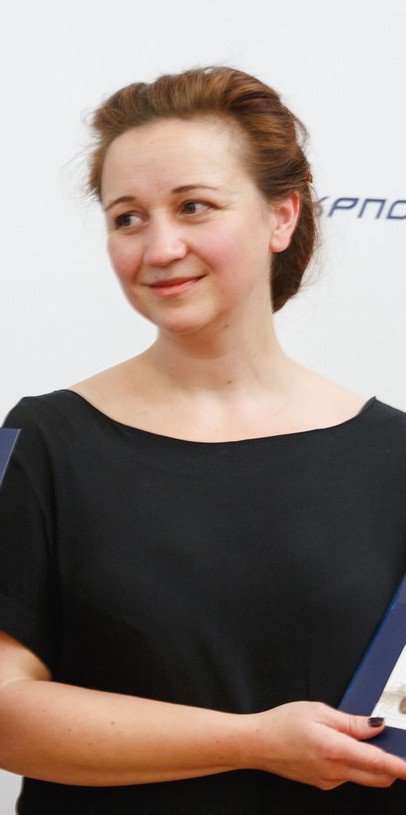Yuliya Vaganova

When applying for the grant and writing the letter of the motivation I put myself the question about global and local in Ukrainian situation. I analysed several examples of the recent project of different formats. Role of the museum in looking for the instruments for new dialogues and projecting the matrix for intellectual and human being, going trough and with the history “pressure”, not falling in ideological frames.
I found certain synchronization of the processes and challenges globality. For instance, in spite of historical and economical difference between Ukraine and Japan, one of the bright examples was in Mika Kurya`s presentation. Talking about the Pacific War Paintings in MOMAT`s collection, Mika Kurya mentioned that museum doesn`t have any “pressure” from the government in decision to start discussion about controversial subjects. But “self-history-censorship” usually comes from the society. Here we see the crucial role of the museum as a platform for “discussion” (in different formats) of difficult historical questions. The same process we observe now in Ukraine, where the “law of de-communization” not only did not open discussion about soviet period and traumas connected with this time, but could capsulate the problem because of new-ideology.
MOMAT`s strategy is good example of the dialog between visitor/community/society, when museum is trying to be a place for discussions and stays more as interlocutor then mentor, remembering all the time its over-mission of stimulating critical thinking and creative being as well as humanism ideas. This is actually the redline for many museums today and Ukrainian as well.
I`d like to express my recognition to the organizers and partners of the conference not only for conceptual frame and invited speakers, but also for logistic, which was done on highly professional level. The spaces gave more metaphorical meaning for the speakers and subjects we discussed. Being on the top of the Tokyo and observing the city over it`s borders, we see the hope of over-political discussion. We faced quite similar instruments for working with the local communities and collection. But at the same time (when go down) inability today to cross the real borders between countries on the earth. Avoiding of the political questions and professional politeness or “self-censorship” do not bring us to the crucial necessity to start discussion between different countries on the cultural ground stratum and build philosophy for the future.